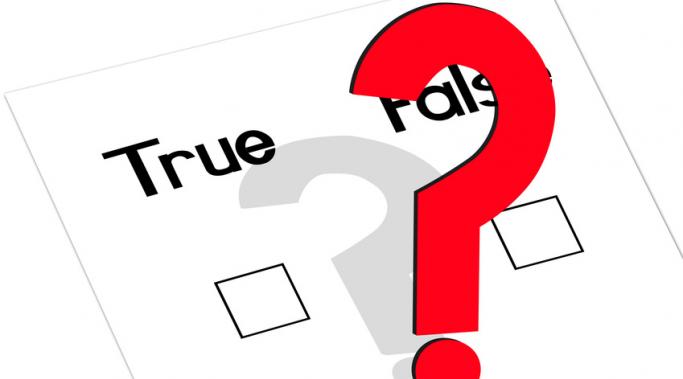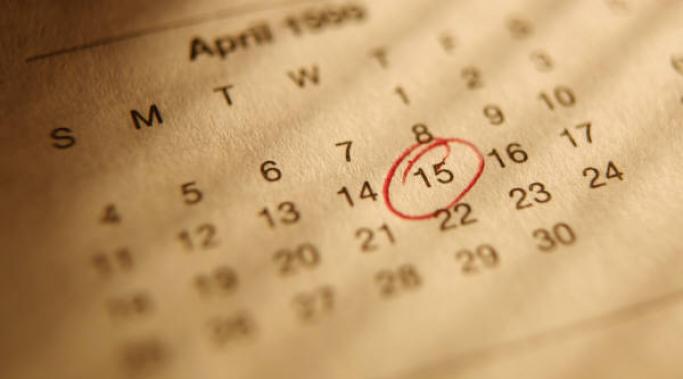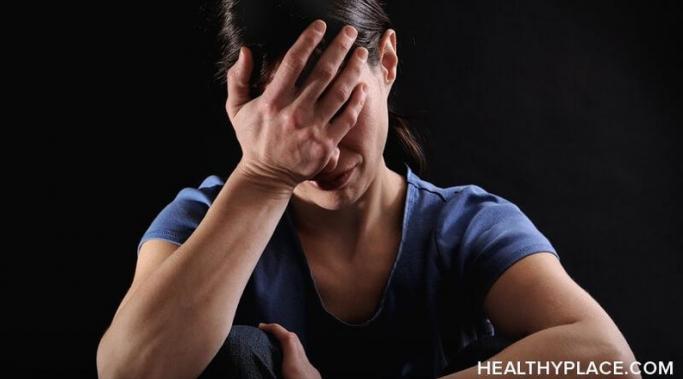Bipolar disorder has the simultaneous problem of being both underdiagnosed and overdiagnosed. While there’s little literature on overdiagnosis, what is clear is that the right people aren’t getting the right diagnosis all of the time. And while no one wants a false positive when diagnosing a mental illness, it’s also absolutely imperative that a diagnosis of bipolar disorder not be missed.
And unfortunately, all too often, bipolar disorder is misdiagnosed as Dr. Prakash Masand, CEO and Founder of Global Medical Education, says, "Missing the diagnosis of bipolar illness is all too common in clinical practice with devastating consequences for patients and families."
Breaking Bipolar
I have a question: why is it that some people can’t accept the evidence of mental illness? I mean, it’s not like we’re basing our knowledge on one or two studies – we’re basing our knowledge of mental illness on study after study after study. First there were observational studies, then familial ones, then genetic and then brain-mapping ones. It’s not a tiny amount of data we have here, there’s oodles of it. And yet, people are prepared to say that all the science is flawed and that mental illness doesn’t exist or that the effects of mental illness aren’t real? I just don’t get it.
I have spent a great many years with this bipolar disorder thing. I have spent a great many years dealing with it. I have spent a great many years suffering with it. I have spent a great many years with medication unsuccessfully controlling it. I have spent a great many years in pain.
And when in an episode, for me it’s a depressive episode, I just want to know, “how many days until I get better? How many more days do I have to live in this agony?”
How many times of you heard, "oh, you can't date her, she has bipolar disorder." Well, okay, you might not have heard it, but many of us have been on the business end of that idea. People have advised others never to date us because we have bipolar disorder. In this video I talk about the stigma of dating someone with bipolar disorder and how it's just prejudice that produces statements like the above.
When I was first diagnosed, I went through 18 months of medication trials without success. I initially tried a bunch of antidepressants thanks to misdiagnosis and then I went through mood stabilizers when it was confirmed that I had bipolar disorder.
And every medication was pretty much the same. I would take the drug, it would induce horrible side effects, I wouldn’t be able to tolerate the drug and then I would have to try something else. It was unadulterated hell.
After 18 months of that, I went to my psychiatrist’s appointment, sat down and looked at my doctor as he threw his hands in the air and said, “I can’t help you. You’re no longer my patient.”
My doctor had fired me.
Twice lately I have heard people say that the secret to curing depression is just keeping yourself wickedly busy. If you’re busy enough, they say, you’ll have no time to be depressed. (I didn’t realize that one needed to book an appointment for depression.)
This, of course, is absolutely hogwash and just one of the dumb ideas that people with no experience with major depression have. It’s just one of the ideas we have to politely roll our eyes at and then get on with the business of actually treating our depressions.
It’s time to dispel another myth that ticks me right off. This particular myth is that mental illness is but a symptom of childhood abuse. People who think this claim that simply by getting therapy and dealing with this abuse, the mental illness symptoms will go away. Bipolar – cured! Yay!
This, of course, is absolute nonsense.
I’m pretty sure I have anxiety and bipolar. I've never been diagnosed with an anxiety disorder, and I’ve never talked about anxiety with my doctor, but I’m pretty sure it’s there. I meet the criteria for an anxiety disorder and and it wouldn’t be altogether shocking if this were the case as anxiety disorders are the most common mental illness and comorbid disorders with bipolar disorder are the rule rather than the exception.
As I mentioned, I recently took a trip east to see some family. In addition to 5-hour plane rides and meeting a long series of people I didn’t know, there was also the three hour time change to contend with. In other words, there was a lot of things that could, and did, mess with my bipolar.
Now, like many people, I’m quite good at handling stressors in the moment. I can travel and meet and charm with the best of them and I can say it mostly went very well. The trouble, though, is upon return. Upon return I feel like I’ve been hit by a bloody truck and act pretty much the same way.
Recently I went on a little trip east. In addition to the plane being 2.25 hours late, the thing that got to me was the 3 hour time change.








![MP900387789[1] When you have bipolar disorder, it's important to spend time recuperating from stress](/sites/default/files/styles/blog_listing/public/uploads/2013/10/MP9003877891.jpg?itok=e9ettBGC)
